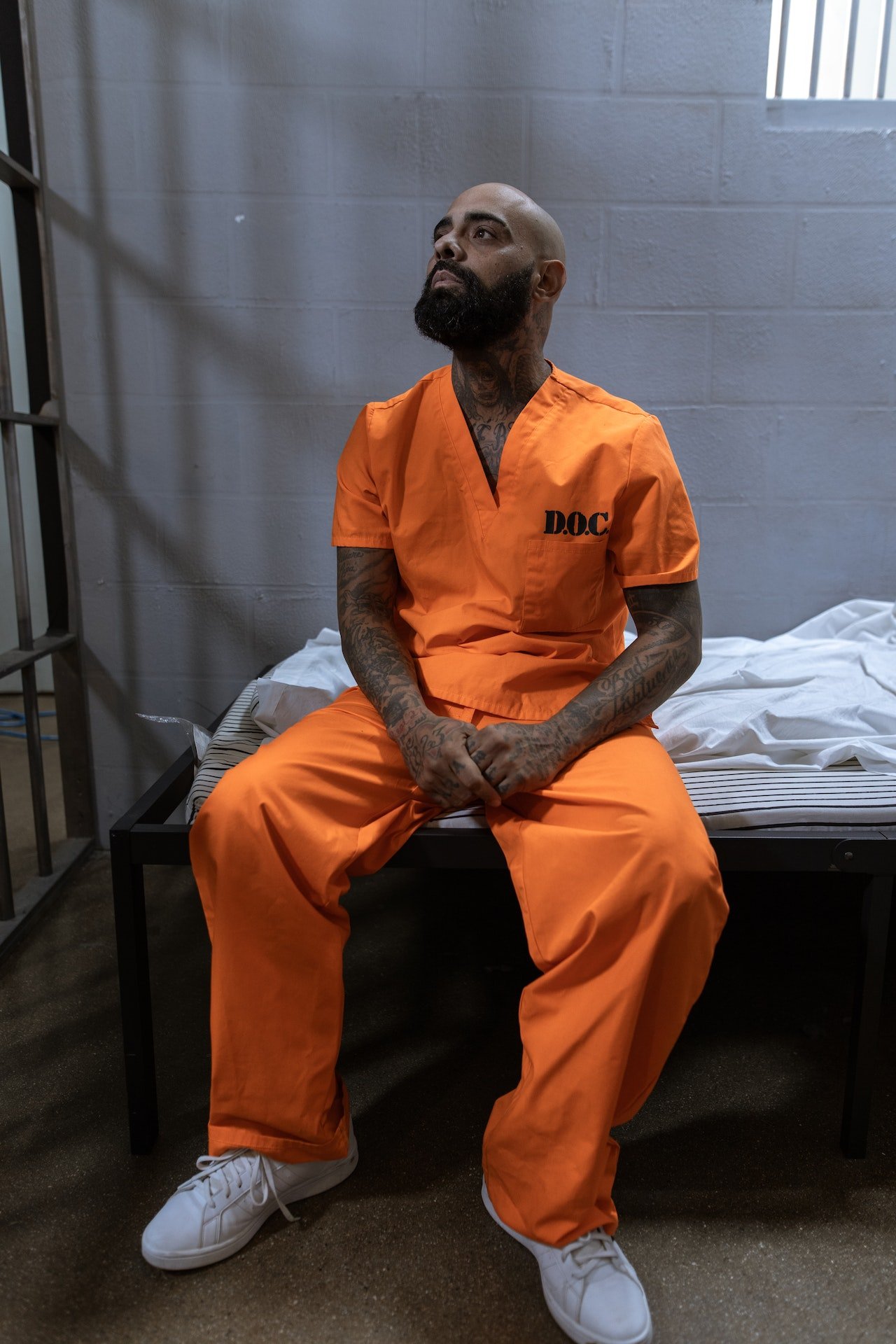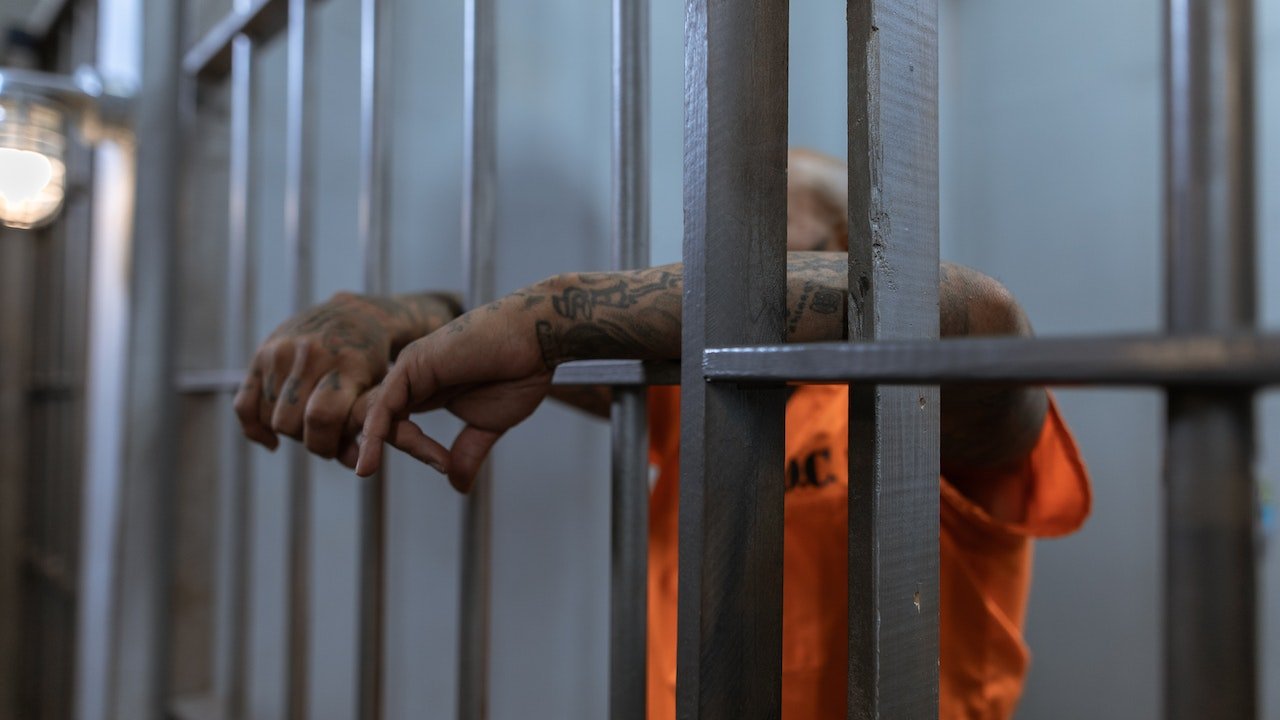The Importance of Due Process in Criminal Law (2023)


Due process is a cornerstone of the criminal justice system in any culture where the rule of law is practiced. It guarantees that those who are charged with crimes receive some essential rights and protections all throughout the legal process. The importance of due process in criminal law is examined in this article, along with how it protects the rights of those who have been accused and advances justice.
Recognizing due process
It is crucial to comprehend what due process comprises before discussing its significance. The term “due process” describes how people who are participating in legal proceedings are treated fairly and are given legal protections. It is founded on the idea that no person’s life, liberty, or property should be taken away without following the correct legal procedures.
Due Process in Criminal Law: Its Function
Due process is essential to criminal law because it guarantees that those who have been accused are dealt with properly and justly. It serves as a defense against arbitrary detentions, unjustified arrests, and unfair convictions. The legal system aims to find a balance between defending society and respecting individual liberties through upholding due process rights.
Possibility of Innocence
The presumption of innocence is one of the guiding principles of due process. According to this rule, a person is presumed innocent until proven guilty beyond a reasonable doubt. It emphasizes the necessity for strong evidence to prove guilt and shifts the burden of proof to the prosecution.
A Just Trial
Due process ensures that everyone has the right to a fair trial, which comprises a number of components like objective jurors, a chance to offer a defense, and the removal of coerced confessions or unlawfully obtained evidence. A fair trial makes sure that both parties have an equal chance to present their cases and supporting evidence in front of an objective judge.
Ability to retain counsel
The right to legal representation is an essential component of due process. Every accused person has the right to a lawyer who can advise them legally, fight for their interests, and guarantee that their rights are upheld. A more equitable legal process is made possible by the balance of power between the prosecution and the defense provided by legal representation.
The onus of proof
In accordance with the law, the prosecution has the burden of proving the accused’s guilt. Evidence must be presented by the prosecution that is convincing and unquestionable. This protects people from being wrongfully convicted based on thin or unreliable evidence.
Read More: The Responsibilities of Criminal Defense Lawyers in Protecting Defendants’ Rights (2023)
Defense against Self-Incrimination
The right to self-incrimination is protected by due process, which stops people from being forced to testify against themselves. If their testimony would implicate them, this protection enables them to remain silent. It stops forced confessions and makes sure no one is compelled to testify against their own interests.
Exclusive Clause
The exclusionary rule, which forbids the use of evidence gained unlawfully, is a crucial part of due process. Evidence may be excluded from the trial if it was collected against a person’s constitutional rights. This regulation encourages law enforcement to respect constitutional restrictions and acts as a disincentive to unauthorized searches and seizures.
Process For Appeals
In situations when errors or unfairness may have happened during the trial, the due process offers the chance for appeal. Higher courts can review decisions made by subordinate courts through the appeals process to make sure that the law was adhered to. It serves as a check on the integrity and fairness of the legal process.
Justice Assurance and Miscarriage Prevention
To secure justice and avoid injustices, due process in criminal law is the main objective. The due process reduces the possibility of erroneous convictions and makes sure that the guilty are held accountable through a legitimate and open legal process by securing equitable treatment, procedural protections, and the preservation of individual rights.
Development of Due Process
Through judicial precedents, constitutional amendments, and global human rights standards, due process has developed throughout time. A wider range of rights and defenses for the accused are now included in the notion, which has evolved into something more sophisticated and complete. The dedication of society to sustaining fairness and justice in the criminal justice system is reflected in this evolution.
Read More: The Rights of Criminal Defendants During Interrogations and Trials (2023)
Present-day Challenges
While the concept of due process is important, there are many modern obstacles to its actualization. There may occasionally be conflicts between the traditional safeguards of due process and technological improvements, national security concerns, and public demands for quick justice. Finding the ideal balance between effectiveness and the defense of individual rights continues to be difficult.
Complaints Against Due Process
Due process has drawn criticism from a variety of angles despite its importance. Some claim that complicated legal procedures can make it more difficult to enforce criminal law effectively and resolve problems quickly. Others argue that since they have access to excellent legal counsel and resources, the wealthy gain disproportionately from due process. These criticisms draw attention to the ongoing discussion regarding the parameters and usefulness of due process in criminal law.
Conclusion
The foundation of the criminal law system is due process, which upholds fairness, defends individual rights and advances justice. Due process reduces the possibility of erroneous convictions and protects the credibility of the judicial system by protecting concepts like the presumption of innocence, fair trials, and access to legal representation. The necessity of due process in criminal law is crucial to preserving the ideals of a just society, notwithstanding current obstacles and criticisms.
FAQs
What role does due process play in criminal law?
Due process is crucial in criminal law because it makes sure that those who have been charged with a crime receive fair treatment, legal protections, and fundamental rights throughout the court process. It guards against arbitrary detentions and convictions as well as protecting the rights of the accused.
What is the innocent presumption?
A key component of due process is the assumption of innocence. According to this statement, a person is presumed innocent until proven guilty beyond a reasonable doubt. To prove guilt, the prosecution has the burden of proof.
Why is due process effective in preventing self-incrimination?
The right to self-incrimination is protected by due process, which gives people the option to keep quiet if their testimony would implicate them. This safeguard ensures that people are not compelled to submit evidence that is harmful to their own interests and prohibits pressured confessions.
What is the criminal law appeals procedure?
Higher courts can review decisions made by subordinate courts through the appeals process to make sure that the criminal law was adhered to. It offers a chance to fix any mistakes or unfairness that may have happened during the trial and serves as a check on the integrity and fairness of the judicial process.
What are some current issues with due process?
The public’s demand for prompt justice, national security concerns, and technological improvements all provide contemporary difficulties to due process. The implementation of due process in contemporary society still faces difficulties in striking a balance between effectiveness and the defense of individual rights.











